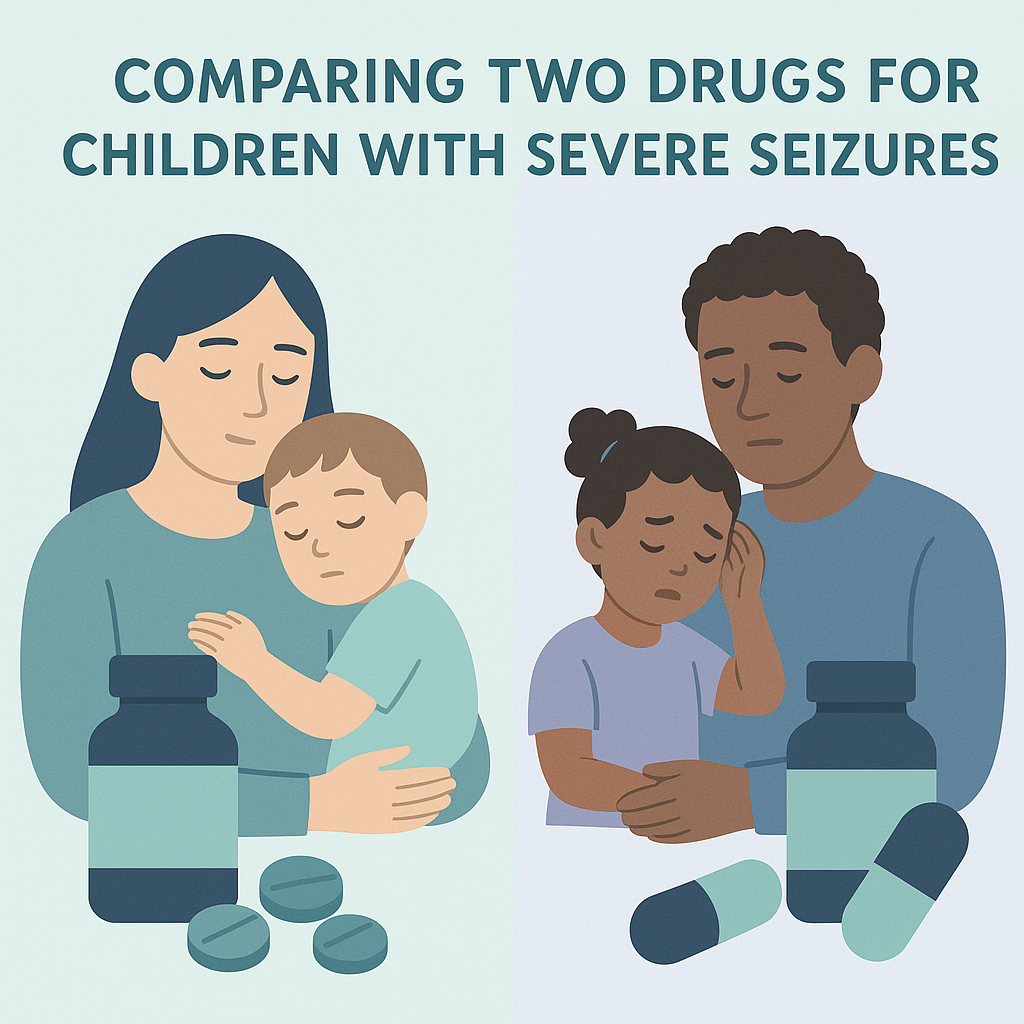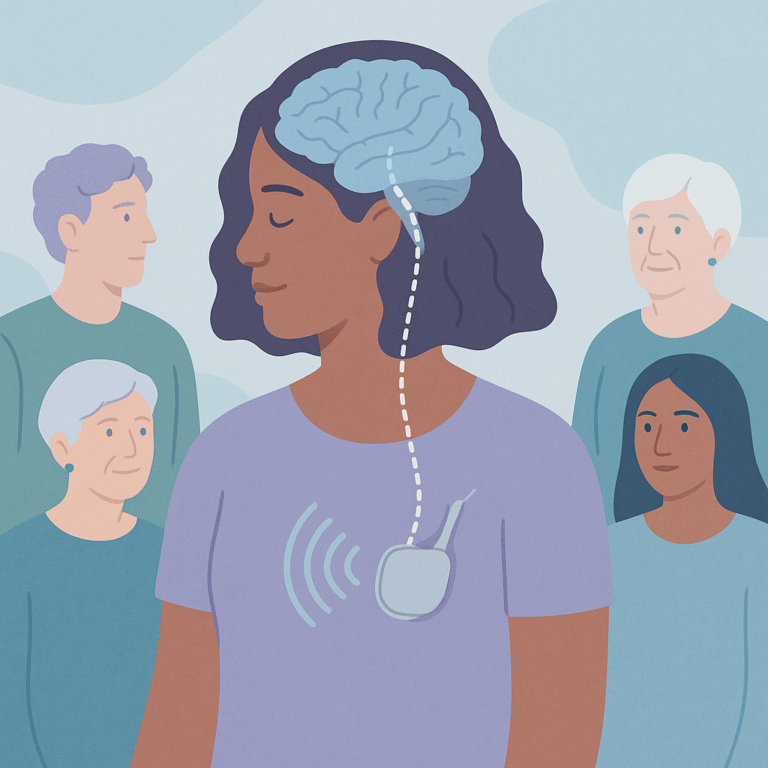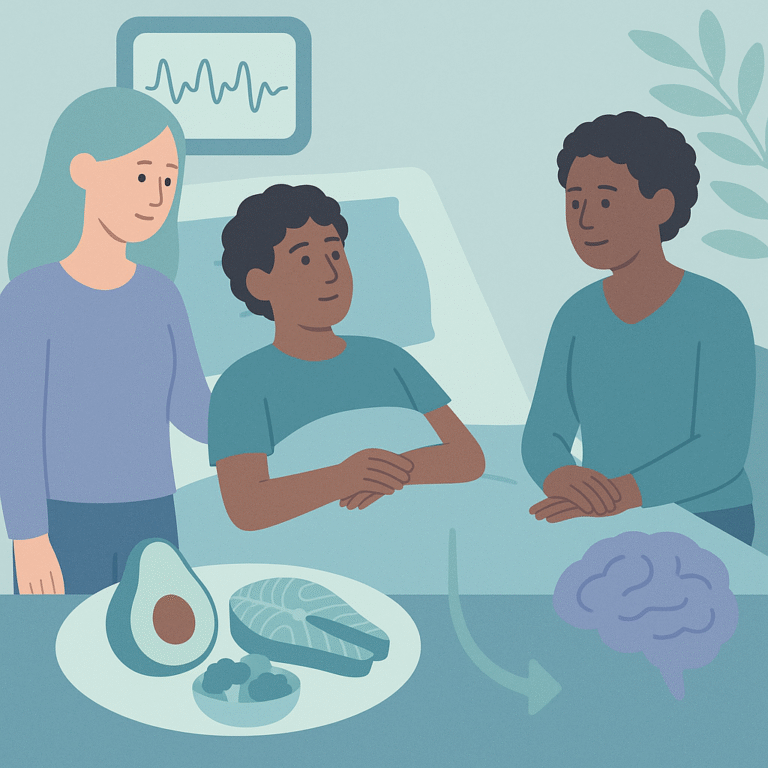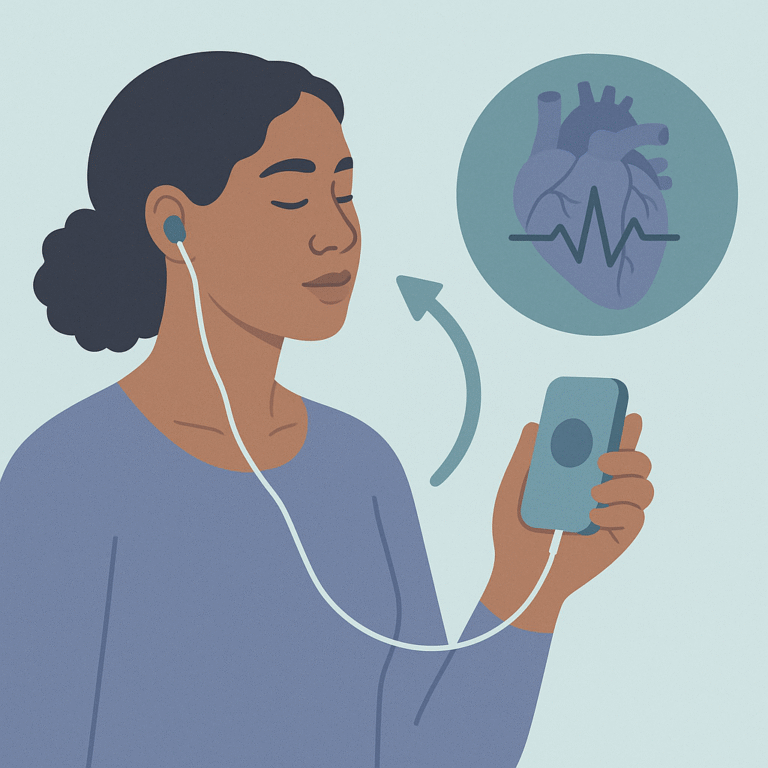Comparing Two Drugs for Children With Severe Seizures
Summary
Researchers conducted a study to compare the effectiveness and safety of two medications, levetiracetam and sodium valproate, in treating children aged 1 to 16 years who were experiencing refractory generalized convulsive status epilepticus. This condition is a serious medical emergency where seizures do not respond to standard treatments. The study involved children who had not improved after receiving other medications like phenytoin and benzodiazepines.
The main finding of the study was that both levetiracetam and sodium valproate were effective in stopping seizures in children, but the results showed no significant difference between the two drugs in terms of how quickly they worked or how many children needed additional medications. The researchers measured how many children stopped having seizures within 30 minutes of receiving the medication and how long it took to control the seizures. They also looked at any side effects that occurred.
This research is important because it helps fill a gap in knowledge about treating a critical condition in children. However, it is essential to note that the study had limitations, such as being small and observational, meaning that the results may not apply to all children with this condition. More research is needed to confirm these findings and to better understand the best treatment options for refractory status epilepticus.
Related reading
- Levetiracetam or Phenobarbital for Seizures in Children
- Levetiracetam May Cause Obsessive-Compulsive Disorder in Epilepsy Patients
- Research Trends in Pediatric Epilepsy Treatment From 2005 to 2025
- Vagus Nerve Stimulation Device Linked to Heart Issues
- Sleep Issues Worsen Attention Problems in Temporal Lobe Epilepsy
- Understanding Breathing Changes During Seizures and Their Risks
Free: Seizure First Aid Quick Guide (PDF)
Plus one plain-language weekly digest of new epilepsy research.
Unsubscribe anytime. No medical advice.





